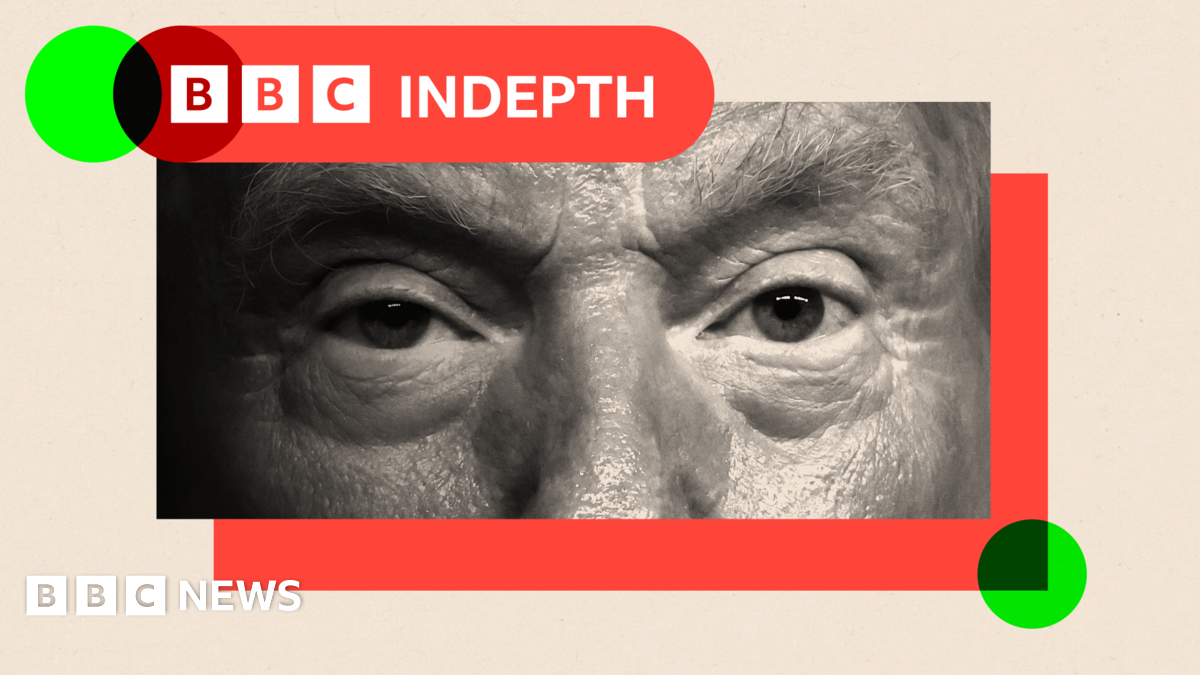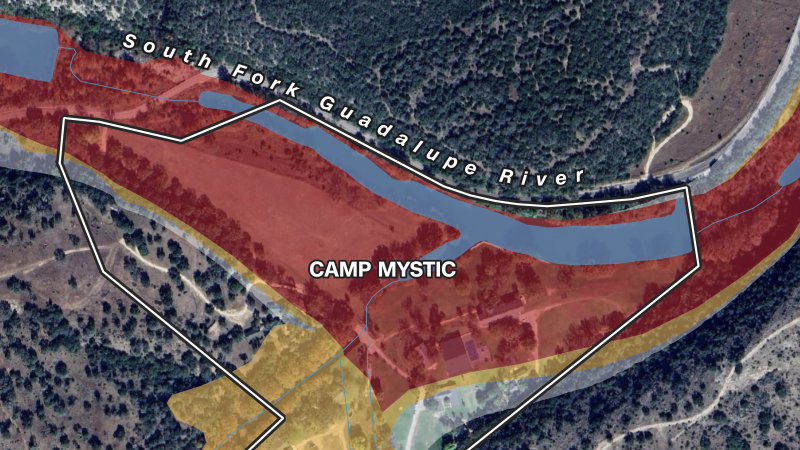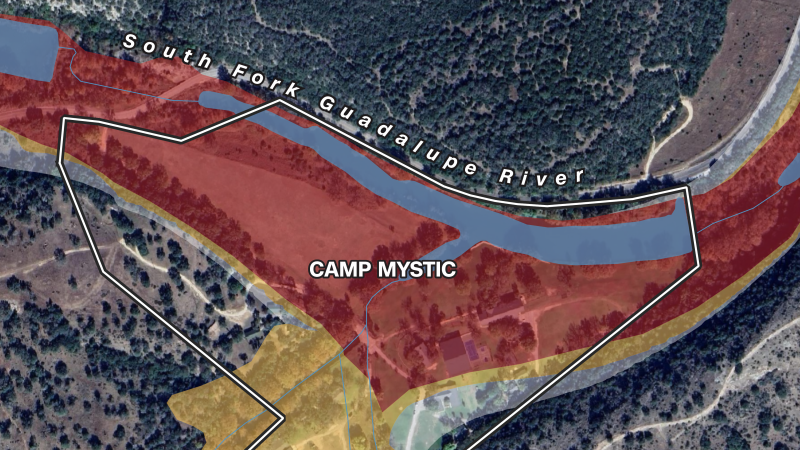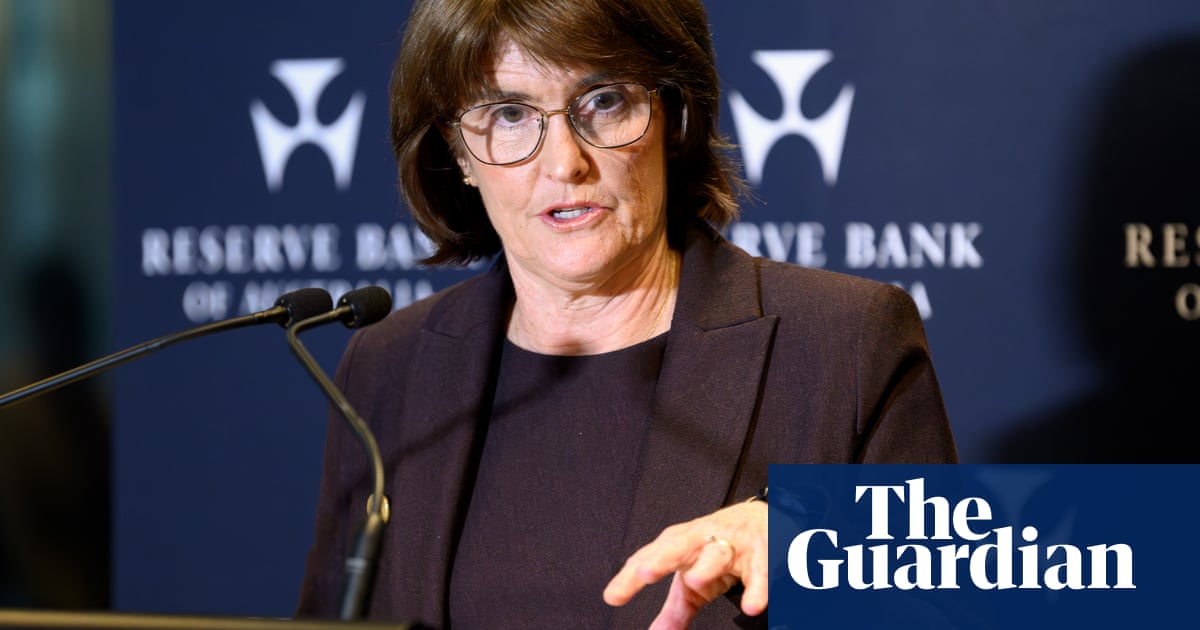Understanding Trump's Foreign Policy: The Role Of The Madman Theory

Welcome to your ultimate source for breaking news, trending updates, and in-depth stories from around the world. Whether it's politics, technology, entertainment, sports, or lifestyle, we bring you real-time updates that keep you informed and ahead of the curve.
Our team works tirelessly to ensure you never miss a moment. From the latest developments in global events to the most talked-about topics on social media, our news platform is designed to deliver accurate and timely information, all in one place.
Stay in the know and join thousands of readers who trust us for reliable, up-to-date content. Explore our expertly curated articles and dive deeper into the stories that matter to you. Visit Best Website now and be part of the conversation. Don't miss out on the headlines that shape our world!
Table of Contents
Understanding Trump's Foreign Policy: The Role of the "Madman Theory"
Donald Trump's presidency was marked by a foreign policy characterized by unpredictability and a willingness to challenge established norms. While commentators offered various interpretations, the "madman theory" – a strategy of cultivating an unpredictable image to deter adversaries – frequently surfaced as a key element in understanding his approach. This article delves into the complexities of Trump's foreign policy, examining the evidence supporting and refuting the application of the madman theory to his actions.
What is the Madman Theory?
The madman theory, often attributed to Richard Nixon's administration, posits that projecting an image of irrationality and unpredictability can be a powerful tool in international relations. By appearing erratic and potentially willing to take drastic measures, a leader can deter potential adversaries from provoking conflict. The theory relies on the assumption that rational actors will avoid confronting an unpredictable opponent whose actions are difficult to predict or understand.
Trump's Actions: Evidence for the Madman Theory
Several instances during Trump's presidency seem to align with the madman theory:
- North Korea: Trump's aggressive rhetoric towards North Korea, including threats of "fire and fury," contrasted sharply with the cautious approach of previous administrations. This unpredictability may have contributed to North Korea's eventual willingness to engage in negotiations.
- Iran Nuclear Deal: Trump's abrupt withdrawal from the Iran nuclear deal, a cornerstone of international diplomacy, defied expectations and sent shockwaves through the international community. This unilateral action, while controversial, could be interpreted as an attempt to project an image of unpredictable behavior to pressure Iran.
- Trade Wars: Trump's initiation of trade wars with various countries, including China, also exhibited a willingness to disrupt established economic relationships. This unpredictable approach aimed to renegotiate trade deals on more favorable terms.
Criticisms and Counterarguments:
While the madman theory offers a possible explanation for some of Trump's actions, it is not without its critics. Many argue that:
- It's a risky strategy: Projecting unpredictability can lead to miscalculations and escalate tensions unnecessarily. It risks alienating allies and undermining international cooperation.
- It's not solely responsible: Trump's foreign policy decisions were also influenced by other factors, including domestic political considerations and ideological beliefs. Attributing all actions solely to the madman theory is an oversimplification.
- It's difficult to prove: It's inherently difficult to definitively prove whether a particular action was intentionally designed to project an image of irrationality or was the result of other factors.
Beyond the Madman Theory: Other Factors in Trump's Foreign Policy
Several other factors contributed to shaping Trump's foreign policy, including:
- "America First" Nationalism: A core tenet of Trump's approach was prioritizing American interests above all else. This often manifested in protectionist trade policies and a reluctance to engage in multilateral agreements.
- Personal Relationships: Trump's relationships with world leaders, often marked by personal charm or antagonism, played a significant role in shaping his foreign policy decisions.
- Transactional Approach: Trump often favored transactional deals over long-term strategic alliances, seeking immediate gains rather than fostering sustained partnerships.
Conclusion:
While the "madman theory" offers a potentially useful lens for analyzing certain aspects of Trump's foreign policy, it's crucial to avoid oversimplification. His actions were undoubtedly influenced by a complex interplay of factors, including the pursuit of short-term gains, ideological convictions, and a desire to project American strength on the world stage. Understanding the full picture requires considering these diverse influences rather than relying on a single explanatory framework. Further research and analysis are needed to fully comprehend the long-term consequences of this unique and often controversial approach to international relations. What are your thoughts on the application of the madman theory to Trump's presidency? Share your opinions in the comments below.

Thank you for visiting our website, your trusted source for the latest updates and in-depth coverage on Understanding Trump's Foreign Policy: The Role Of The Madman Theory. We're committed to keeping you informed with timely and accurate information to meet your curiosity and needs.
If you have any questions, suggestions, or feedback, we'd love to hear from you. Your insights are valuable to us and help us improve to serve you better. Feel free to reach out through our contact page.
Don't forget to bookmark our website and check back regularly for the latest headlines and trending topics. See you next time, and thank you for being part of our growing community!
Featured Posts
-
 Conquer The Clash Royale Meta A Guide To The Free Spirit Empress Legendary Card
Jul 08, 2025
Conquer The Clash Royale Meta A Guide To The Free Spirit Empress Legendary Card
Jul 08, 2025 -
 July 7 Powerball Winning Numbers And 203 Million Jackpot
Jul 08, 2025
July 7 Powerball Winning Numbers And 203 Million Jackpot
Jul 08, 2025 -
 Mo Co Opens Its Doors A Gamers Paradise
Jul 08, 2025
Mo Co Opens Its Doors A Gamers Paradise
Jul 08, 2025 -
 Tony Khan On Jim Ross Aews Indispensable Part And Hopes For All In
Jul 08, 2025
Tony Khan On Jim Ross Aews Indispensable Part And Hopes For All In
Jul 08, 2025 -
 From Celebration To Confrontation A Baby Shower And An Infertility Joke
Jul 08, 2025
From Celebration To Confrontation A Baby Shower And An Infertility Joke
Jul 08, 2025
Latest Posts
-
 Texas Campsites And The Danger Of Flooding A Safety Review
Jul 08, 2025
Texas Campsites And The Danger Of Flooding A Safety Review
Jul 08, 2025 -
 Investigation Are Texas Childrens Camps Built In Floodplains
Jul 08, 2025
Investigation Are Texas Childrens Camps Built In Floodplains
Jul 08, 2025 -
 Why Air Canada And Aeroplan Are Top Choices For Us Flyers
Jul 08, 2025
Why Air Canada And Aeroplan Are Top Choices For Us Flyers
Jul 08, 2025 -
 Relief For Australian Mortgages Analysis Of The Next Rate Cut
Jul 08, 2025
Relief For Australian Mortgages Analysis Of The Next Rate Cut
Jul 08, 2025 -
 Guest Leaves Baby Shower After Infertility Joke A Story Of Hurt Feelings
Jul 08, 2025
Guest Leaves Baby Shower After Infertility Joke A Story Of Hurt Feelings
Jul 08, 2025
